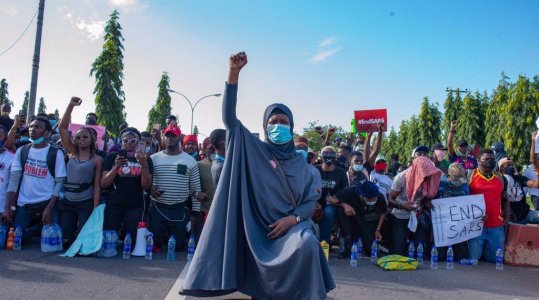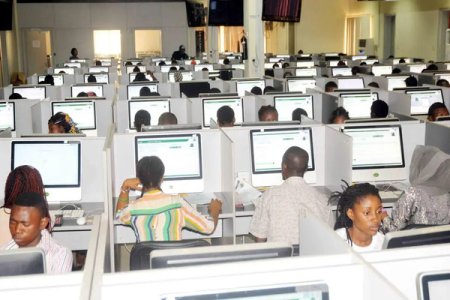
Origins of the Protest: The #EndSARS movement was a youth-led protest against the Special Anti-Robbery Squad (SARS), a Nigerian police unit accused of extortion, harassment, torture, and extrajudicial killings.
Global Solidarity: The protests gained international attention and solidarity, with global figures and organizations lending their voices against police brutality in Nigeria.
Peaceful Beginnings: The protests started peacefully, with demonstrators using civil disobedience and peaceful gatherings to demand the disbandment of SARS.
Government’s Response: In response to the protests, the Nigerian government announced the disbandment of SARS, but protesters continued to demand broader police reforms.
Lekki Toll Gate Shooting: On October 20, 2020, the Nigerian military allegedly opened fire on peaceful protesters at the Lekki Toll Gate in Lagos, resulting in multiple injuries and loss of lives.
Social Media’s Role: Social media played a significant role in mobilizing, organizing, and spreading awareness about the protests and the issues being raised, using the hashtag #EndSARS.
Economic Impact: The protests had economic implications, with businesses closing temporarily and the stock market reacting to the unrest.
Curfews and Restrictions: In response to the escalating protests, curfews and restrictions were imposed in various states across Nigeria to restore order.
Continued Advocacy: Despite the challenges and crackdown, the #EndSARS movement continued to advocate for justice, accountability, and comprehensive police reforms.
Legacy of the Movement: The #EndSARS protests left a lasting impact, forcing a national and global conversation on police brutality, governance, and the respect for human rights in Nigeria.




